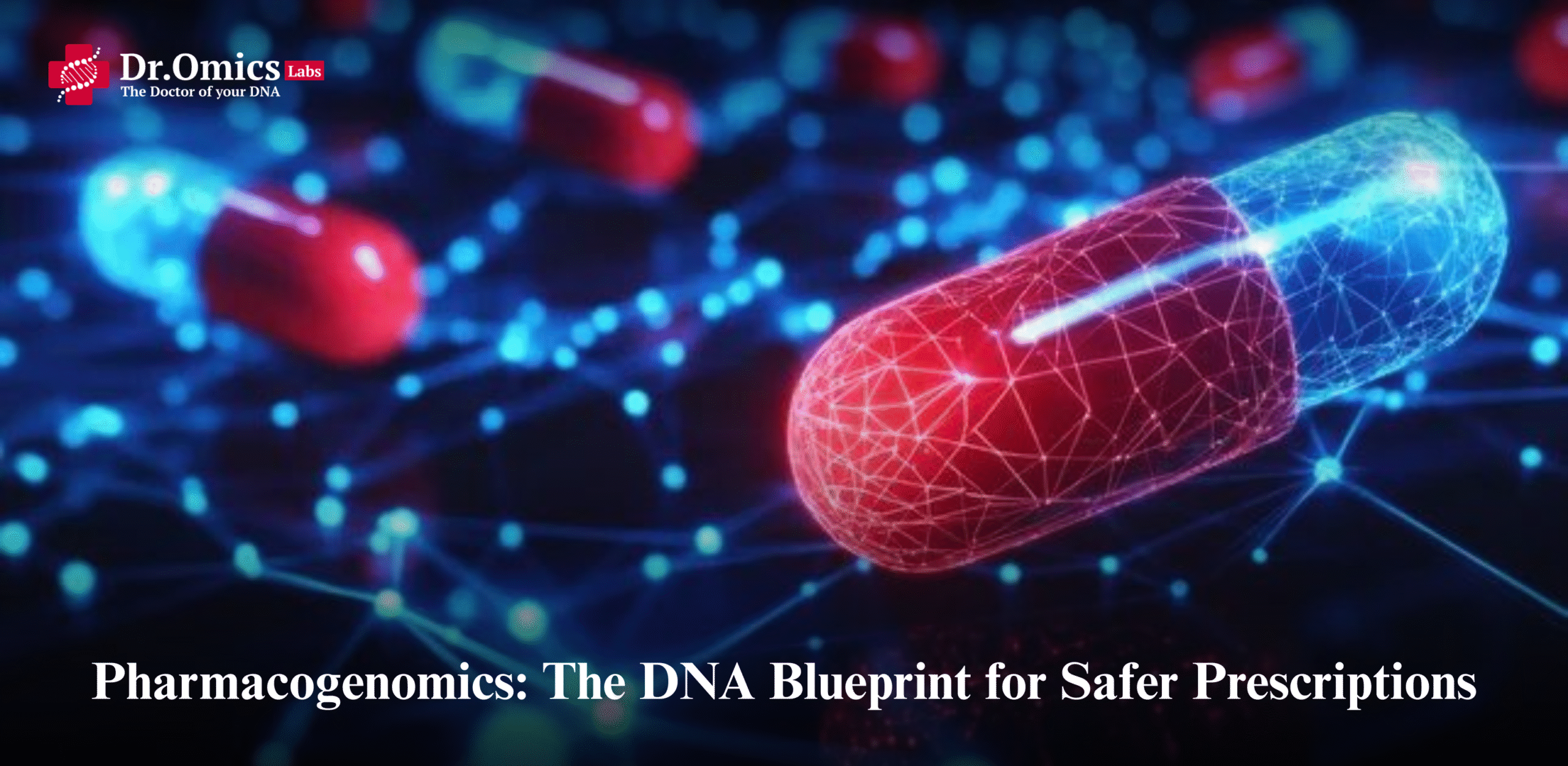The field of pharmacogenomics is transforming modern medicine by ensuring that the medications prescribed are not only effective, but also safer and tailored to each individual’s unique genetic makeup. No longer is healthcare tied to a “one-size-fits-all” model—instead, personalized medicine is leading us into a new era of precise and customized treatment powered by our genes.
What is Pharmacogenomics?
Pharmacogenomics is the study of how your genes influence your response to medications. By understanding how specific genetic variations affect the way your body processes drugs, scientists and clinicians can anticipate which medicines are most likely to work for you, what doses are optimal, and how to avoid adverse drug reactions. This science has become the cornerstone of safe medication genomics, making prescriptions more effective and reducing the risk of unwanted side effects.
Drug-Gene Interactions: The Cornerstone of DNA Prescription
Not all patients respond to the same drug in the same way. Drug gene interactions can mean a standard dose works perfectly for one person, causes serious side effects for another, or does nothing for a third. For example, variations in the CYP450 gene family (especially CYP2D6 and CYP2C19) can turn someone into a “rapid metabolizer” or “poor metabolizer” of certain drugs, impacting everything from painkillers to antidepressants and blood thinners.
This means a DNA prescription—medications selected and dosed using genetic information—can prevent negative drug reactions before they start, and help clinicians get the treatment right the first time.
Personalized Medicine: Safer, More Effective Healthcare
The ultimate goal of pharmacogenomics is to usher in the age of personalized medicine. By running a simple genetic test, doctors can develop tailored treatment plans for cancer, heart disease, psychiatric conditions, and more—choosing the best drug, dose, and even predicting risk for side effects before a pill is ever swallowed.
In practical terms, this could mean:
- Lowering the risk of stroke by prescribing the correct blood thinner based on a genetic profile.
- Reducing hospitalizations due to adverse drug reactions.
- Increasing the success rate for treating depression, pain, or high blood pressure by matching patients to the therapies their genes say will work best.
Safe Medication Genomics: The Future of Prescribing
Safe medication genomics isn’t just a buzzword—it’s the real-world application of pharmacogenomics data to make medicine safer for everyone. From oncology to cardiology and psychiatry, DNA-guided prescribing is saving lives, minimizing trial-and-error, and reducing costs by avoiding ineffective therapies and side effects.
Conclusion
With the rise of pharmacogenomics, the future of prescribing is preventative, precise, and profoundly personal. By decoding your genetic blueprint, clinicians can harness drug gene interactions to guide every DNA prescription—ushering in a new standard for personalized medicine and safer, more effective treatment for all.




